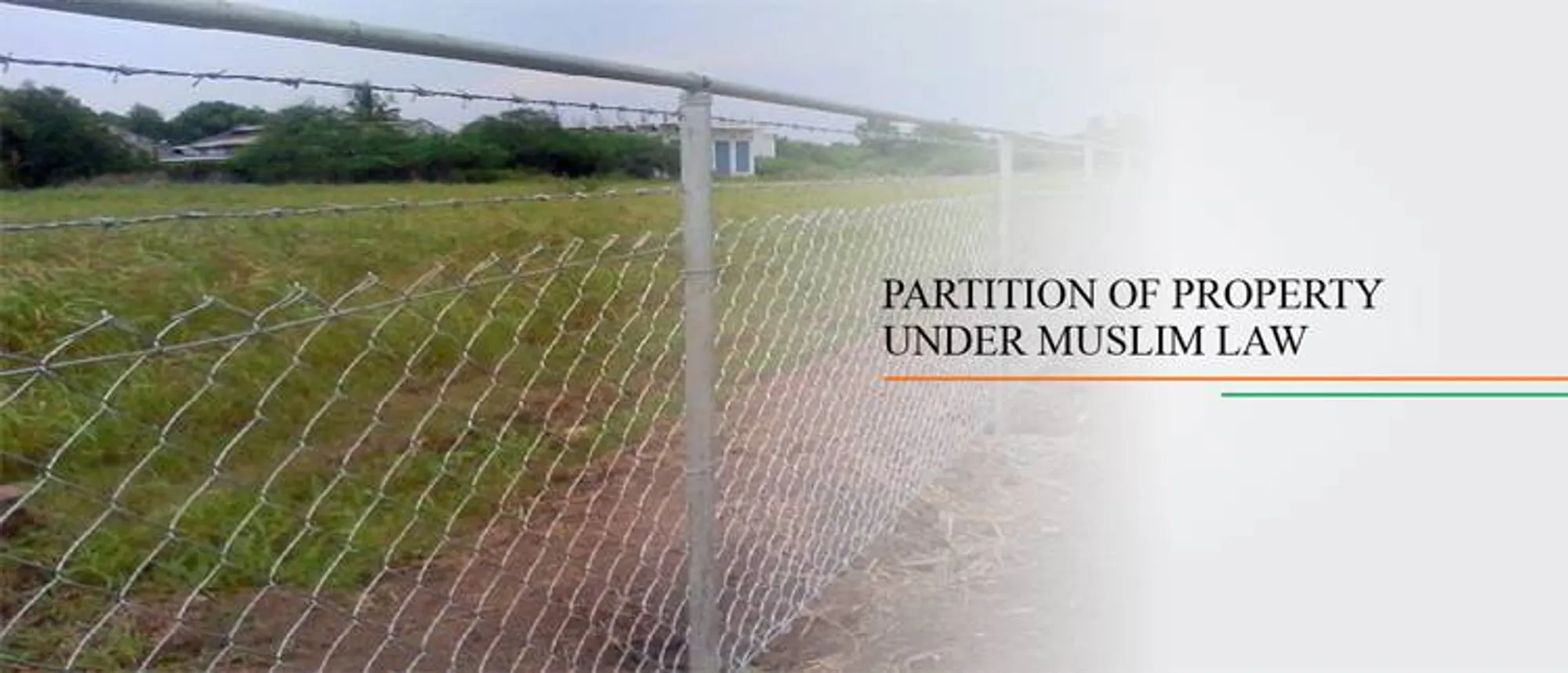Succession is a matter of right and a necessity as well. Every person will have to renounce the world once and with that, all the legal rights and obligations of the person are dissolved and passed to someone else. In India, succession comes under personal laws which are based on religion. Hence, the law of succession is dependent upon one’s religion. Among Muslims, that is people believing in Islam, THE MUSLIM PERSONAL LAW (SHARIAT) APPLICATION ACT, 1937 deals with matters of intestate succession, the special property of female, inheritance and transfer of property under a gift or any other provision which is a subject of personal law.
The two types of succession have been recognised in the Muslim law also. In a case where a man has left a valid will, testamentary succession will happen and so the property will be divided accordingly. Whereas, in the case where there is no will, intestate succession takes place. Since the joint family system is not recognised, the heirs are only the immediate family members of the person. Also, the Muslim Law makes no differentiation between self-acquired and inherited property. Hence, all the property of the concerned person goes to the heirs.
Under the Muslim law, there are three classes of heirs
- SHARERS, they are entitled to a prescribed share of the inheritance. In case of a man’s property, his wife/wives are the sharers of his property. The wife is allowed to inherit a fixed share from the property of the husband which is 1/6th of the total share.
- RESIDUARIES, who do not have any prescribed share in the inherited property but they are eligible to inherit whatever is left after giving away the part of sharers. The children, both sons and daughters, are the residuaries in the father’s property. A daughter is allowed to take her share in the partitioned property irrespective of her marital status. They are to distribute the remaining 5/6th part of the property among themselves. The share of the son and the daughter are in the ratio of 2:1. The son is entitled to double the amount of property than the daughter.
- DISTANT KINDRED, are all those people who are related to blood to the property owner but do not fall into the category of sharer or residuary. There right is not ipso-facto present on the property, but needs to be proved.
Hence, the partition of property among the heirs of an individual will be divided according to the above-mentioned procedure.

